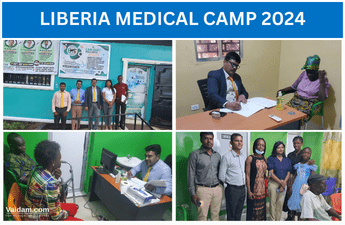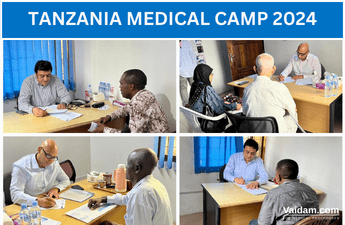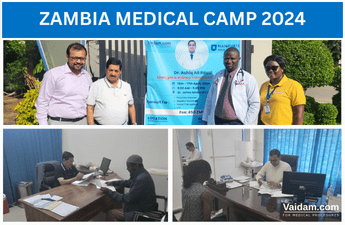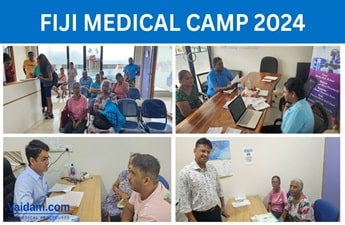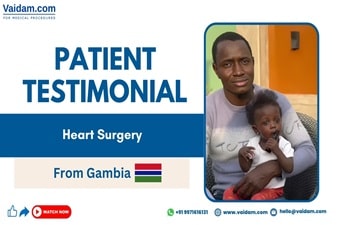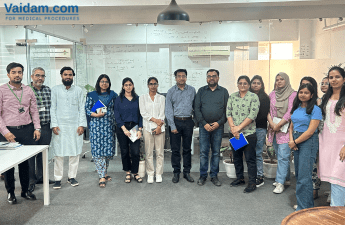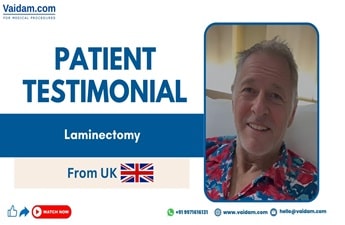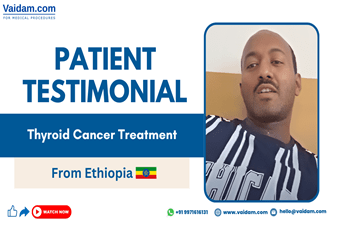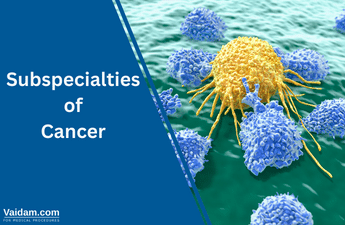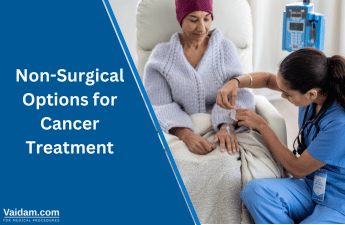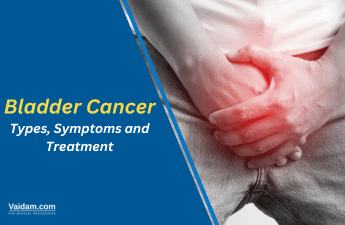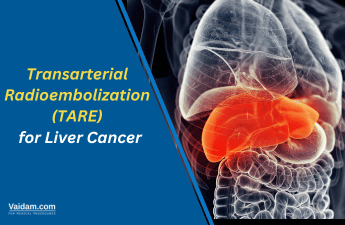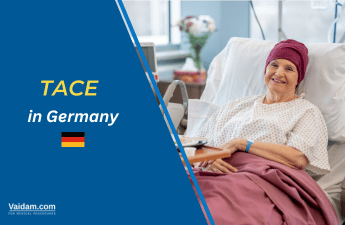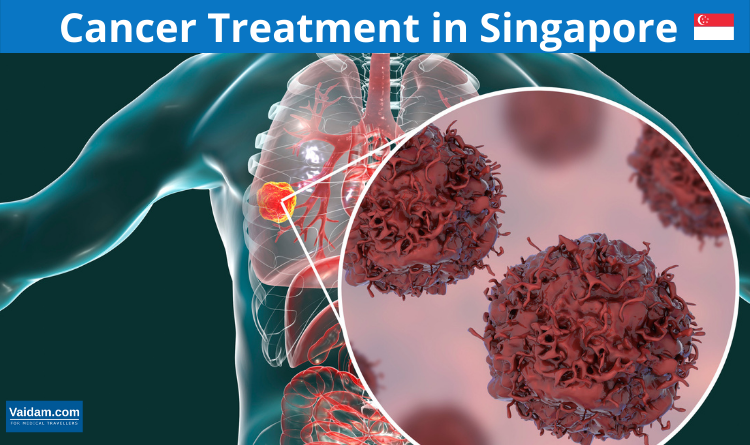
Cancer has a significant social impact in the United States and other countries. Cancer statistics give a timeline of the effects of the disease on society and describe what occurs in large populations. Statistics cover the number of cancer diagnoses and fatalities each year, the number of people still living after receiving a cancer diagnosis, the average age at diagnosis, and the number of cancer survivors at any given time.
Approximately 10 million deaths, or nearly one in six deaths, will be caused by Cancer in 2020, making it the top cause of death globally. In the United States, there will likely be 1,806,590 new cases of Cancer diagnosed in 2020, and there will also likely be 606,520 cancer-related deaths.
What is Cancer?
Any disease that can affect any area of the body is referred to as Cancer. Neoplasms and malignant tumours are other names that are used. One characteristic of Cancer is the rapid development of aberrant cells that expand outside their normal borders, infiltrate other body components, and eventually move to other organs. This process is known as metastasis. Cancer is when a few of the body's cells grow uncontrollably and spread to other parts.
How Can Cancer Develop Within the Body?

Cancer starts when one or more genes change and produce malignant cells. Tumours are formed by these cancerous cell groupings. Cancerous cells may separate from tumours and spread to other parts of your body through your lymphatic system or circulation. (Medical professionals refer to this as metastasis.)
For instance, a breast tumour could grow into your lungs and impair your breathing ability. Your bone marrow produces aberrant blood cells that grow uncontrollably in some types of blood cancer. Over time, the aberrant blood cells displace the healthy blood cells.
To know more about cancer, click here.
Want to know the early signs of colon cancer, click here.
What Are the Types of Cancer?
There are more than 100 types of Cancer, out of which the common types are as follows:
-
Carcinoma
The most prevalent kind of Cancer is carcinoma. The cells that line the interior and outer surfaces of the body, known as epithelial cells, are responsible for their creation. Epithelial cells come in various sorts, and when they are magnified under a microscope, they frequently resemble columns.
-
Sarcoma
Body soft tissues such as muscle, tendons, fat, blood vessels, lymph vessels, nerves, and the tissue around joints are where soft tissue sarcomas develop.
Sarcomas are tumours that develop in the muscle, fat, blood vessels, lymphatic vessels, and fibrous tissue that make up soft tissues and bones (such as tendons and ligaments).
-
Leukaemia
Cancers called leukaemias develop in the bone marrow, which makes blood. These cancers do not produce solid tumours. Instead, abnormal white blood cells (leukaemia cells and leukemic blast cells) overpopulate the bone marrow and blood and crowd out healthy blood cells. The body may be more difficult to bleed, fight infections, or deliver oxygen to its tissues when the average blood cell count is low.
-
Lymphoma
Cancer that starts in lymphocytes is called lymphoma (T cells or B cells). These white blood cells, an immune system component, combat disease. In lymphoma, aberrant cells accumulate in the body's lymph nodes, arteries, and other organs.
-
Multiple Myeloma
The multiple myeloma tumour starts to grow in plasma cells, an immune cell subtype. Myeloma cells, which are aberrant plasma cells, amass in the bone marrow and develop into tumours in bones all throughout the body.
-
Melanoma
Melanocytes, specialised cells that produce melanin are where melanomas, a type of Cancer, first appear (the pigment that gives skin its colour). Most melanomas develop on the skin but can also develop in other pigmented tissues, such as the eye.
-
Spinal Cord and Brain Tumours
Tumours of the brain and spinal cord can take many distinct forms. The names of these tumours are determined by the cell type from which they emerged and the area of the central nervous system where the tumour first emerged itself.
Get in Touch with Medical Experts
What is the Primary Cause of Cancer?
A genetic disorder, Cancer. It occurs when genes that control cell activity change, resulting in aberrant cells that divide and grow uncontrollably, ultimately interfering with your body's functions.
According to medical specialists, inherited genetic abnormalities that are uncontrollable account for 5% to 12% of all cancers.
Cancer is usually caused by an acquired genetic mutation. You can acquire genetic mutations throughout your life. Numerous risk factors that raise your chances of developing Cancer have been found by medical researchers.
What are the Risk Factors for Cancer?
-
Smoking: Smoking tobacco products, including cigarettes, cigars, and e-cigarettes, increases your risk of developing cancers of the mouth, pancreas, oesophagus, and lungs.
-
Diet: Consuming foods heavy in fat or sugar can raise your risk of developing a variety of cancers. You're also more prone to illness if you don't exercise enough.
-
Environment: The long-term effects of environmental pollutants, such as radon, asbestos, and insecticides, can include Cancer. UV radiation from the sun considerably raises your risk of acquiring skin cancer. Radiation exposure. Over-radiation therapy exposure is also a danger factor.
-
Hormone Therapy: Breast and endometrial cancer risk may be higher in women and AFAB who use hormone replacement therapy.
How is the Stage of Cancer Determined?
Healthcare professionals use cancer staging systems to plan therapy and create a prognosis or expected outcome. The most used method for cancer staging is TNM. T represents a primary tumour. The letter N reveals whether a malignancy has progressed to your lymph nodes and stands for lymph nodes. M stands for metastasis, the spreading of Cancer.
Four phases are typical for malignancies. The size and location of the tumour are two criteria that affect the precise stage:
-
Stage I: The Cancer has not progressed to the lymph nodes or other tissues and is remote.
-
Stage II: The Cancer has expanded but not yet metastasized.
-
Stage III: The Cancer has gotten bigger and may have gotten into other tissues, like lymph nodes.
-
Stage IV: Cancer has affected other organs or parts of your body.
There is a Stage 0, even though stages one through four are the most typical. Cancer in this initial stage is still contained in the region where it first appeared. Most healthcare professionals regard cancers still in Stage 0 as precancerous and easily curable.
What are the Methods to Cure Cancer?
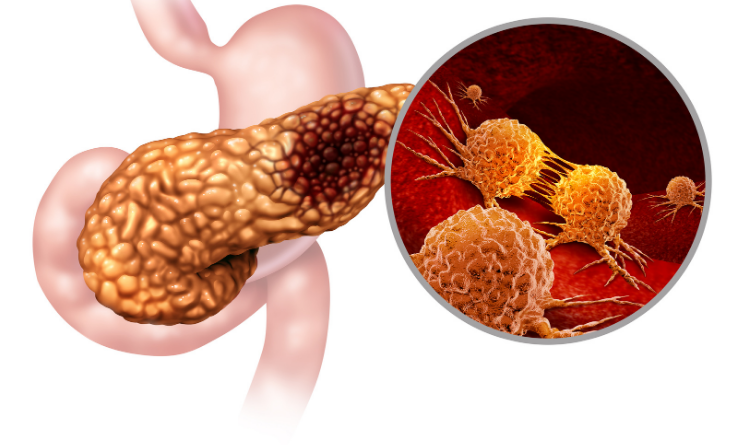
-
Surgery: A procedure in which doctors remove tissue containing cancer cells.
-
Chemotherapy: Use of specialised drugs to reduce or eradicate cancer cells.
-
Radiation Therapy: Utilising high-energy, X-ray-like radiation to kill cancer cells is known as radiation therapy.
-
Hormone Therapy: With hormone therapy, cancer cells are prevented from obtaining the hormones necessary for growth.
-
Immunotherapy: A cancer treatment that uses your body's immune system to help attack cancer cells or lessen the adverse effects of other cancer therapies.
-
Stem cell transplant (bone marrow transplant): Replace bone marrow cells lost due to extremely high doses of chemotherapy or radiation therapy with a stem cell transplant (bone marrow transplant). Most frequently used to treat lymph nodes and blood malignancies.
Why Should One Prefer Singapore For Cancer Treatment?
Singapore, well known for cancer treatments, has significantly advanced. Patients might anticipate fewer adverse effects from their cancer treatment, more practical chemotherapy administration techniques, and novel treatment classes.
The hospitals of Singapore are well equipped with technical tools to reduce the possibility of errors and prevent you from encountering additional issues while receiving treatment. Also, the surgeons are very professional, skilled and experienced enough in treating patients for cancer treatment.
In other words, Singapore is the hub of the best surgeons and premium quality services to treat the patient with the ultimate care. You should consider travelling to Singapore to receive the best professional assistance cost-effectively and with first-rate facilities. It is the perfect destination to begin your therapy because it has numerous top-notch hospitals and a staff of skilled medical professionals who can perform your procedure without experiencing many complications.
What are the Best Cancer Hospitals in Singapore?
-
Raffles Hospital: The Raffles Cancer Centre is dedicated to providing comprehensive cancer care, which includes early detection, diagnosis, treatment, and long-term care. The experts at their centre are fully equipped with the most recent knowledge, expertise, and abilities to treat both uncommon and common solid tumours as well as haematological malignancies.
-
Parkway East Hospital Our team of medical oncologists and nursing specialists at Parkway East Hospital is available to assist with the diagnosis and management of cancer. We are conveniently located in the east of Singapore and offer each patient individualised, comprehensive care to support them on their road to recovery.
-
Tan Tock Seng Hospital: The National Healthcare Group's flagship hospital, Tan Tock Seng Hospital (TTSH), is a component of Singapore's public healthcare system. TTSH is known as the People's Hospital and serves 1.4 million residents of Central Singapore as a pioneering hospital with deep roots in the community dating back 178 years.
Who are the Best Cancer Doctors in Singapore?
-
Dr. Tan Yew Oo: Oncologist Dr. Tan Yew Oo has more than 40 years of experience. Lung cancer, breast cancer, gastrointestinal malignancies, lymphomas, and liver cancer are among the conditions he treats.
-
Dr. Ting Wen Chang: Radiation oncologist Dr. Ting Wen Chang is well-known and has more than 40 years of extensive experience. He specialises in treating chronic lymphoproliferative and myeloproliferative illnesses and bleeding and thrombotic disorders.
-
Dr. Jens Samol: The licensed medical oncologist Dr. Jens Samol has more than 26 years of experience. His medical interests include lymphomas, sarcomas, genitourinary malignancies, head and neck cancers, gastrointestinal cancers, thoracic cancers, and HIPEC.
-
Dr. Hsieh Wen-Son: Oncologist Dr. Hsieh Wen-Son has more than 28 years of experience. He offers a variety of cancer treatment options as well as involvement in the creation of molecularly focused cancer therapies and new cancer diagnoses.
What is the Visa Procedure for a Medical Tour to Singapore?
If you have a travel document issued by India, you will require a visa to visit Singapore. Please be aware, nevertheless, that people with diplomatic, official, and service passports can enter without a permit.
-
Fees: A nonrefundable processing fee of S$30 has to be paid online using a MasterCard credit/debit card.
-
Processing Time: Generally, visa processing takes three working days, excluding the day of submission. However, applying at least a month before visiting the country is advised.
What is the Cost of Cancer Treatment in Singapore?
| Treatment Name | Cost Starts From |
| USD 1,500 | |
| USD 18,000 | |
| USD 11,000 | |
| USD 25,000 | |
| USD 35,000 | |
| USD 25,000 | |
| USD 15,000 | |
| USD 16,000 | |
| USD 130,000 | |
| USD 6,000 | |
| USD 20,000 |
Conclusion
It is essential to seek help from a medical surgeon as soon as it is recognized. Make a plan to consult the best cancer doctors in Singapore; we are here to help you. Undoubtedly, Singapore is the best country for the treatment of Cancer. The government is a hub of various specialized and skilled surgeons who have experience handling multiple complicated surgeries.
Not only does Vaidam help you from assisting you in identifying and making the best healthcare decisions, but Vaidam is a NABH-certified healthcare discovery platform that will put you in touch with top-tier medical professionals, hospitals, wellness options, and reliable travel partners.
FAQs
-
Is Singapore best for cancer treatment?
Yes, Singapore is well-known as one of the best countries for the treatment of cancer.
-
What diet should a cancer patient follow?
It depends on your treatment and surgery type; your surgeon will guide you properly and help you with personalized diet plan advice.
-
Can cancers be cured with surgery?
Yes, it can be cured by surgery and is recommended if treated on time. Solid tumors that are localized in one place respond best to surgery. It is a local treatment, which means that it just deals with the affected area of your body. Leukemia, a form of blood cancer, and tumors that have spread are not treated with it.



